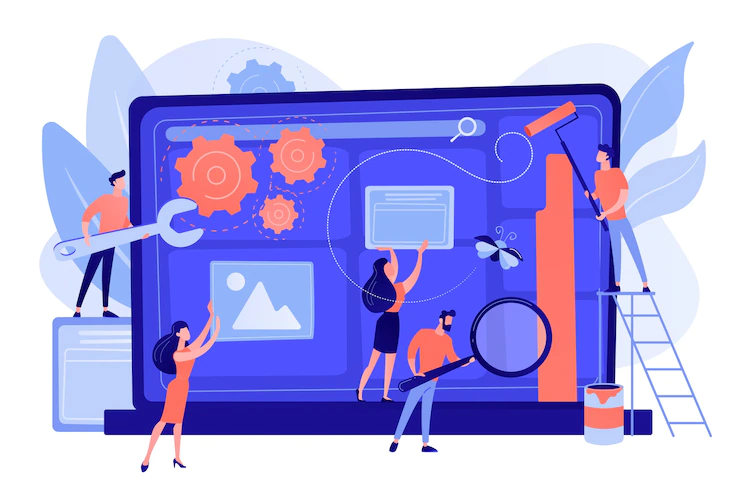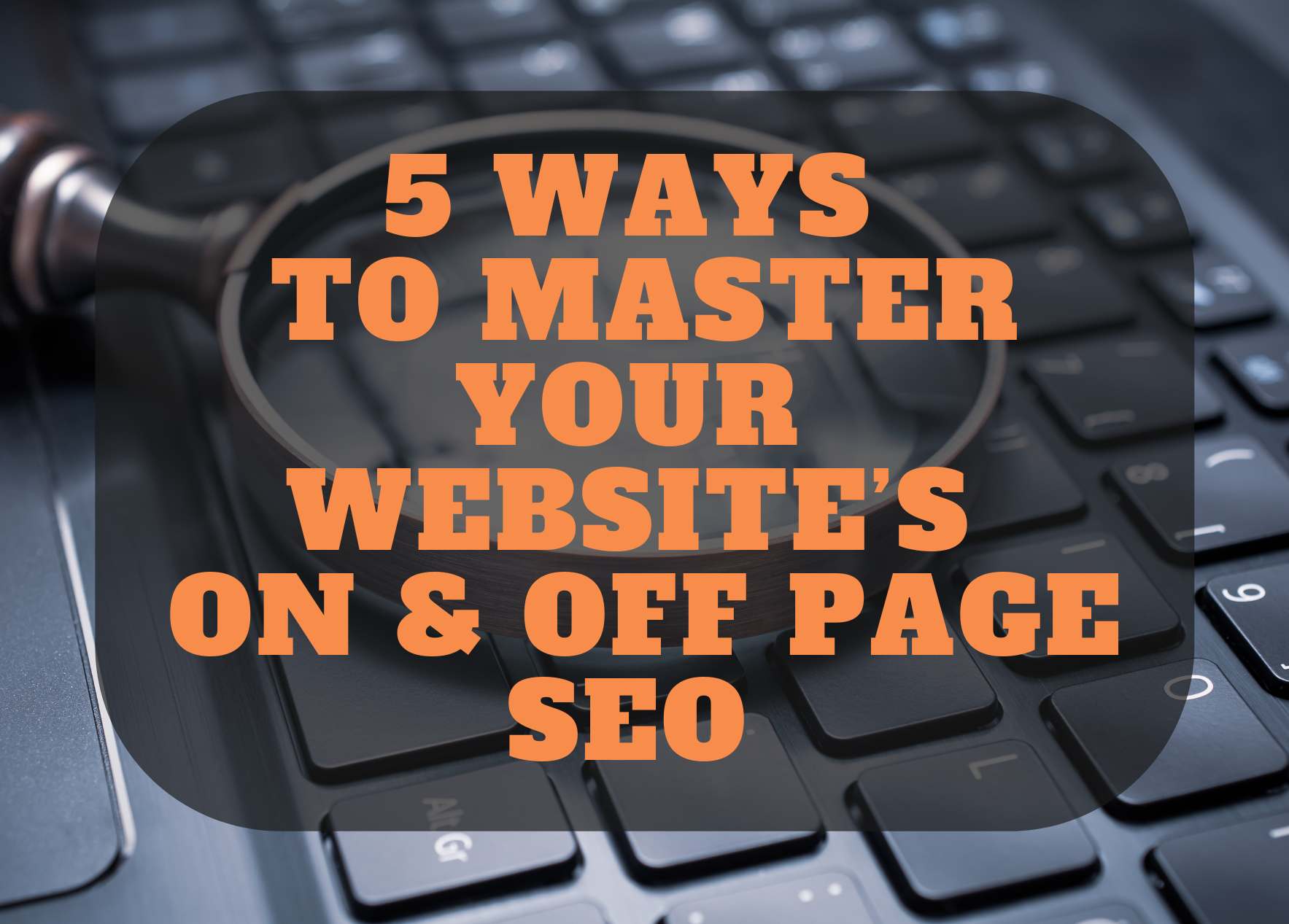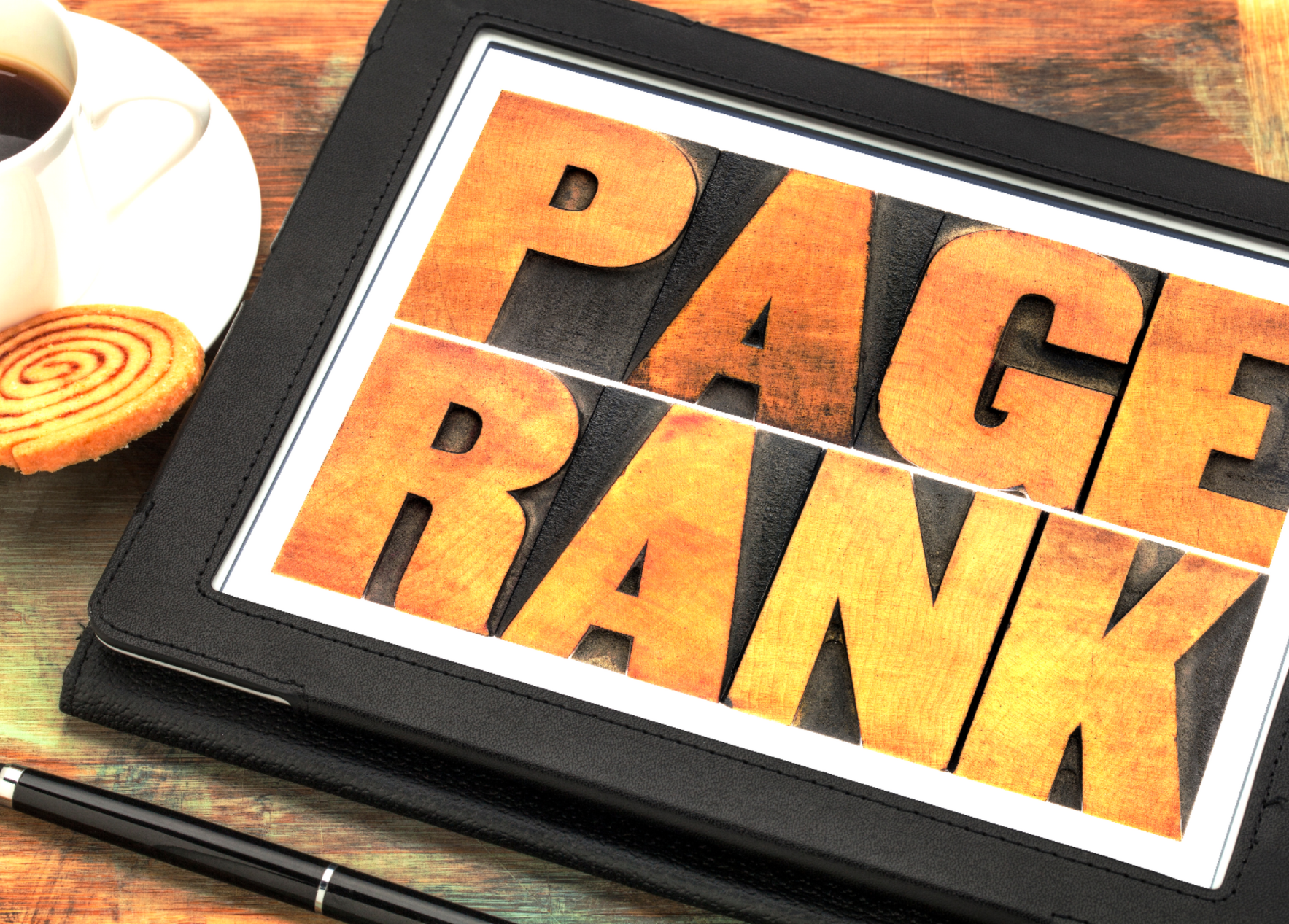5 Ways to Master Your Websites On and Off-Page SEO
SEO is a process that can be broken down into two distinct halves: on-page SEO and off-page SEO. On-page SEO refers to all of the measures you can take to improve your ranking in the search engine results pages (SERPs), while off-page SEO is the actions you take outside of your own website to improve your ranking.
Here are five ways to master your website’s on and off-page SEO:
By following these tips, you can improve your website’s on and off-page SEO and start to see better results in the SERPs. However, SEO is an ongoing process, so keep up with the latest trends and changes to ensure that your website continues to rank high in the search engines. This article will look at these five tips for optimizing your on-page SEO and off-page SEO.
1. Make sure your website is well-researched and relevant to your target audience.
One of the most important things you can improve your SEO is to make sure that your website is relevant to your target audience. This means conducting keyword research to find the right keywords that your target audience uses to search for products or services like yours. Once you’ve found the right keywords, use them throughout your website, including in your titles, descriptions, and headings.
Additionally, it’s important to regularly update your website with fresh, relevant content. This could include blog posts, articles, product pages, and more. Not only will this help to improve your ranking in the SERPs, but it will also help to keep your visitors engaged and coming back for more.
2. Use keyword-rich titles, descriptions, and headings to improve your visibility in the SERPs.
There are various tools you can use to help you find the best keywords to target for your websites, such as Google’s Keyword Planner and Moz’s Keyword Explorer. Once you’ve identified the best keywords to target, be sure to integrate them into your website’s content naturally. This includes using them in your titles, descriptions, and headings.
For example, if you’re a web design company targeting the keyword “web design,” you could include it in your website’s title tag like this:
Web Design Company | Best Web Design Services | XYZ Company
Or in your meta description like this:
Looking for a web design company that can help you create a stunning website? Look no further than XYZ Company. We offer the best web design services in the industry.
By including your target keywords in your titles, descriptions, and headings, you can improve your visibility in the SERPs and attract more visitors to your website.
3. Optimize your website’s load time and navigation to improve the user experience.
Another important factor in SEO is the user experience. This refers to how easy it is for users to find what they’re looking for on your website and navigate around. If your website is slow to load or difficult to navigate, users are likely to click back to the SERPs and look for another result.
To improve your website’s user experience, start by optimizing your website’s load time. This can be done by reducing the size of your images and using a content delivery network (CDN). Additionally, make sure your website is easy to navigate by adding clear menus and internal links.
By improving your website’s load time and navigation, you can improve the user experience and reduce bounce rates. This, in turn, will help to improve your ranking in the SERPs.
4. Build high-quality backlinks from authoritative websites.
Backlinks are one of the most important factors in off-page SEO. A backlink is simply a link from one website to another. However, not all backlinks are created equal. The quality of a backlink depends on the authority of the website it’s coming from.
For example, a link from a high-authority website like Huffington Post will carry more weight than a link from a low authority website.
To build high-quality backlinks, start by finding websites in your industry that are authoritative and have a high Domain Authority (DA). You can use Moz’s Open Site Explorer to find websites with a high DA. Once you’ve found some potential link opportunities, reach out to the website owner and ask if they’re interested in linking to your website.
If you’re able to build high-quality backlinks from authoritative websites, you’ll see a significant improvement in your ranking in the SERPs.
5. Hire an Agency
If all of this seems like a lot of work and too time consuming, don’t hesitate to hire an Agency like us here at Promo Fuzz to do the heavy lifting for you!








